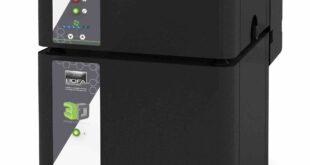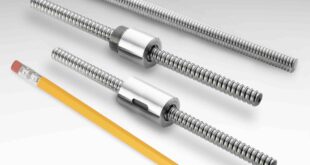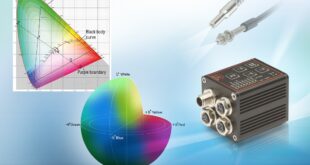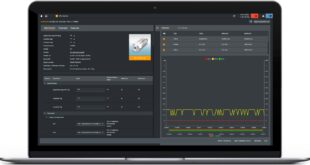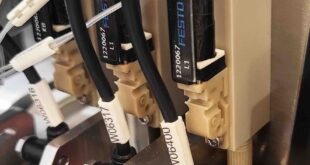There are approximately 23 billion chickens on the planet right now. The world is producing a lot of poultry, but what opportunity does this present to food manufacturers? Miguel Campos explains
Global meat production has increased rapidly over the last half-century, with total production growing between 4 and 5 fold since 1961, according to Our World In Data.
All major meat types, including poultry, beef and pork have increased in absolute terms, but what is truly astonishing is the changes in share of the total global production of different meats.
Poultry accounted for 12% of global meat production back in 1961. By 2013, this tripled to around 35%. Beef halved its market share and pork’s proportion remained constant. In total, poultry production has increased 12-fold between 1961 and 2014.
The surge in poultry production may be attributed to efficient use of feed — only 3.3kg of feed is required to produce one kilogram of poultry meat.
Compare this with pork which requires 6.4kg and beef which requires 25kg, and poultry reigns supreme as the most cost-efficient option.
Poultry also has the lowest land use per gram of protein and produces much lower greenhouse emissions than cattle.
Less food, land and energy mean lower costs — and these savings can be passed onto the manufacturer, retailer and finally, the consumer.
What do these benefits mean for food manufacturers?
Unfortunately, exploiting the popularity of poultry for products isn’t that simple.
Despite the growth in market share, the poultry industry is experiencing challenges including ongoing volatility of grain prices, drought and trade issues — all of which impact the cost of poultry.
Asia, Africa and Europe are boasting the best-performing poultry production industries in the world with regards to profits, but Brazil is currently challenged by oversupply of poultry. This is partially due to a recent safeguard on Brazilian chicken imports set by China and EU restrictions on several Brazilian export plants.
Brazilian poultry is also experiencing restrictions in the Middle East, due to amendments of requirements for animal slaughtering in line with Islamic Law. Saudi Arabia’s regulatory board expressed concerns about Brazilian slaughterhouses, believing improvements need to be made to meet updated halal standards.
As Saudi Arabia is one of the main destinations for Brazilians chicken exports, poultry processors from Brazil need to act fast to avoid losing a large Middle Eastern customer base.
For food manufacturers in the Middle East, this may mean finding new poultry sources from alternative exporters to keep up with production. This represents the wider notion of the fast-changing poultry supply chain, which food manufacturers across the world must remain vigilant of.
Changing regulation isn’t the only challenge for poultry processors. Food manufacturers are now demanding a change in poultry packaging, some of which is driven by government legislation.
From April 2022 for instance, the United Kingdom will introduce a tax on the import of plastic packaging with less than 30% recycling content.
Poultry processors that import to Britain need to act now to meet these requirements to ensure margins aren’t damaged by taxation.
A drive for sustainable packaging reflects an industry-wide shift for food manufacturers and their environmental responsibility. While poultry is an environmentally friendly animal protein, it is somewhat of a juxtaposition to package it in damaging and non-degradable packaging.
Food manufacturers have long opted for recyclable packaging for their other products.
However, some products, such as whole poultry, are notoriously difficult to package in sustainable options.
To give food manufacturers more options, Advanta has brought its aluminium whole poultry tray that is compatible with skin pack sealing, to market.
Poultry production has increased dramatically during the last 50 years. Poultry producers must deal with the challenges of over-supply, while food manufacturers leverage the cheaper poultry prices and expand poultry product ranges significantly, with sustainable packaging.
Miguel Campos is with food packaging supplier Advanta.
 Engineer News Network The ultimate online news and information resource for today’s engineer
Engineer News Network The ultimate online news and information resource for today’s engineer
